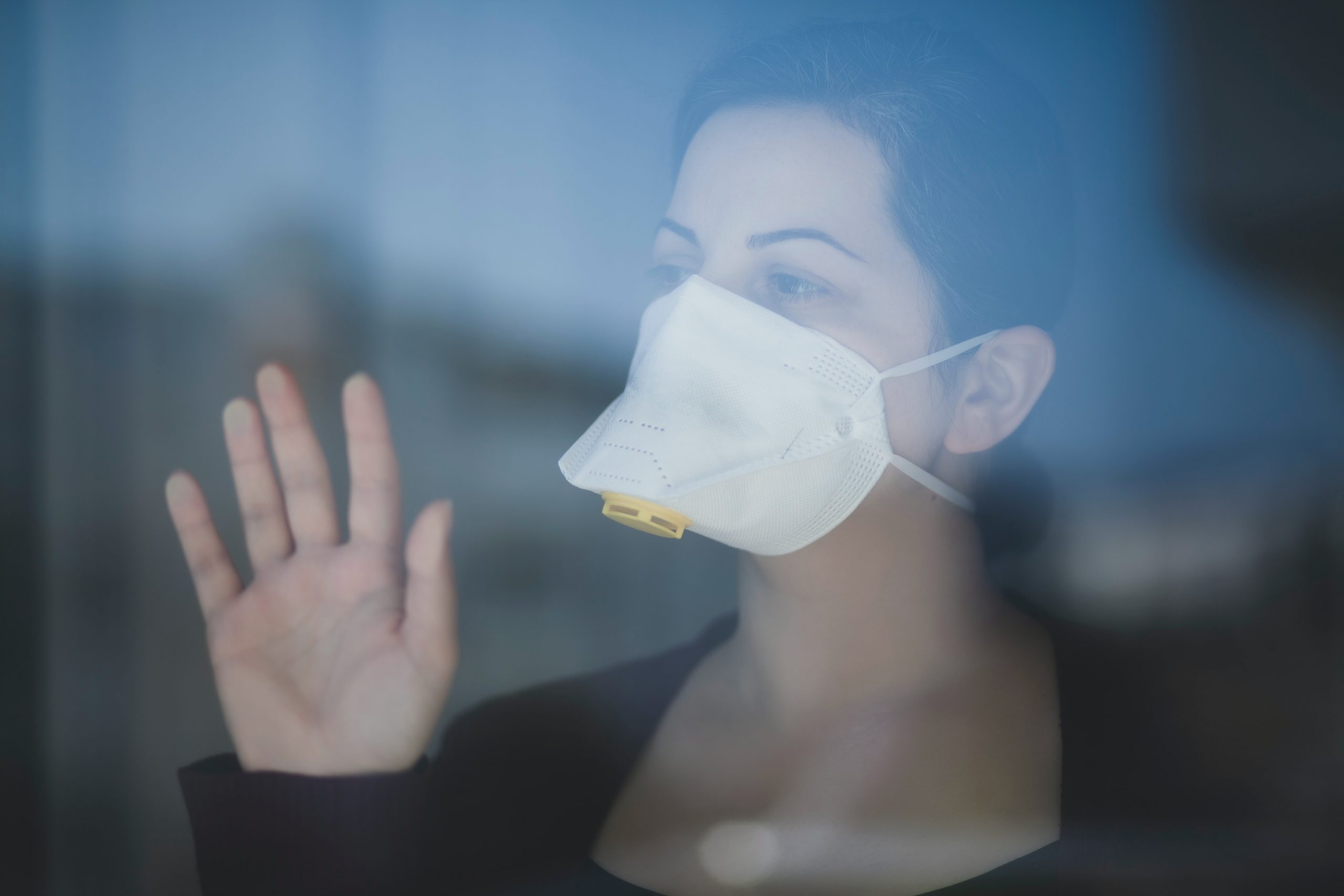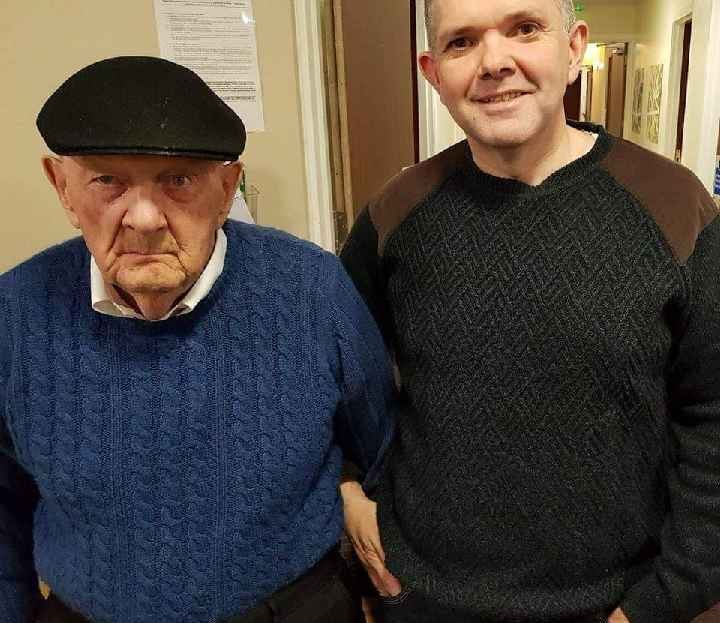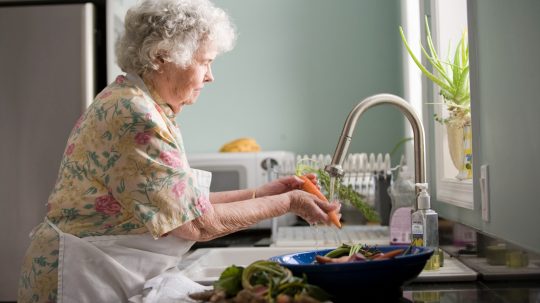In February this year, the government announced new plans for living with Covid-19 following the global pandemic. As part of their roadmap to living with the virus, many Covid-19 support measures that had been put in place were stopped, potentially jeopardising the right to access adequate healthcare, the right to an adequate standard of living and more.
At the time, Prime Minister Boris Johnson stated: “…While the pandemic is not over, we have now passed the peak of the Omicron wave, with cases falling, hospitalisations in England now fewer than 10,000 and still falling, and the link between infection and severe disease substantially weakened.”
Despite the government having removed Covid-19 restrictions across the UK, many are still affected by the virus, with hospital admissions of people with Covid-19 rising in England.
Ending free lateral flows tests (LFTs)
In March 2022, the government declared it would ‘scale back’ access to free lateral flow testing, with the change taking full effect the following month. The announcement caused some panic, as people took to the portal to stock up on home testing kits, leaving some vulnerable and symptomatic people unable to access free tests.
Ending free LFTs might interfere with the right to access healthcare protected under Article 12 of the International Covenant on Economic, Social and Cultural Rights (ICESCR), the right to education protected in the Human Rights Act and the right to work protected by Article 23 of the Universal Declaration of Human Rights.
NHS staff, carers and adult social care staff were left unsure about whether they would be required to pay for their daily coronavirus tests or whether they would be provided by the NHS. The government then confirmed that NHS staff and social care workers would still be eligible for free lateral flow tests. However, for young carers and those with vulnerable people in their family, the cost of testing rose.
Zach, a 17-year-old carer from Stoke-on-Trent, told us how it can be as a struggle to balance exposure to the public with caring for his dad who has long-term healthcare needs.
Zach stated: “With going back to college in person and working part-time in retail, it’s difficult because I need to test daily to make sure I’m protecting my dad and make sure he has tested before I take him to appointments.”
For young carers like Zach, or those with vulnerable family members, not having access to free daily tests can mean that they have to choose between education, work or supporting their family.
Zach said that he is more anxious now than when free tests were available: “It might sound strange, but I didn’t care that I had to test daily. I know some people hated it, but, for me, it gave me some peace of mind. Now though, if I know people who have tested positive at college or work, I don’t go in, [I] just can’t risk it.”
Ending free phone calls for prisoners might interfere with the right to family life
When the UK went into nationwide lockdown in 2020, the government issued £10 a week in telephone credit to every woman in prison, so that women were able to keep in contact with family while in-person visits were suspended.
The government decided to start the scheme to ‘avoid a mental health crisis in female jails’, although a reduced scheme was also offered to male inmates, who received half the amount, at £5.
Prisoners, like everyone, have the right to family life under the Human Rights Act (HRA). With some prisoners still unable to see family members, such as parents who are clinically vulnerable and so wary of making in-person visits, ending free phone calls may put their right to family life at risk.
"A decision has been made for us to begin to remove the majority of COVID restrictions within prisons in England and Wales…"
Read the latest update to families from Phil Copple, Director General of Prisons: https://t.co/OEIH9ZG4G1 pic.twitter.com/CXXoRgP64e— Prisoners' Families Helpline (@PFHelpline) May 9, 2022
Whilst the majority of Covid restrictions ended for prisons in May, relatives who continue to shield have not been able to see their loved ones inside. The free phonecall scheme was ‘quietly abandoned’ across most prisons in the UK in March and will be withdrawn completely by the end of this month.
However, it wasn’t the only temporary measure that was introduced in prisons to mitigate the impact of the pandemic and which has since been removed. Other temporary measures that were put in place to help prisoners during Covid included additional food packages and free television rental, all of which ended in October 2021.
Self-employed and day workers hit hardest
In April, the government closed the test and trace support payment scheme. The scheme, administered by local authorities, was originally put in place by the government to provide people who were self-isolating with a one-off payment of £500 to help with loss of earnings.
The government cut the fund as it was announced that self-isolating after a positive Covid-19 test was no longer a legal requirement.
Previously, you may have been eligible for the scheme if you tested positive for Covid-19, or had been told to self-isolate by the NHS. The scheme offered a lifeline to agency staff and other workers who may not have been paid for the days they were unable to work.
The funding for the scheme was pulled even though cases of hospital admissions with Covid-19 are rising in England. Now, those who are self-employed or who are not contractually entitled to sick pay may find themselves struggling to afford rent, food and energy bills due to a loss of earnings while they are sick with Covid-19 and so unable to work and unwilling to endanger colleagues and clients. By cutting this support measure, particularly amid a cost of living crisis, the government may have impinged upon people’s right to an adequate standard of living under Article 11 of the ICESCR.
All of the government schemes discussed above were put in place to support individuals and communities through an unprecedented period. But, whilst that support has now been withdrawn, for many in our society the pandemic is not yet over.





